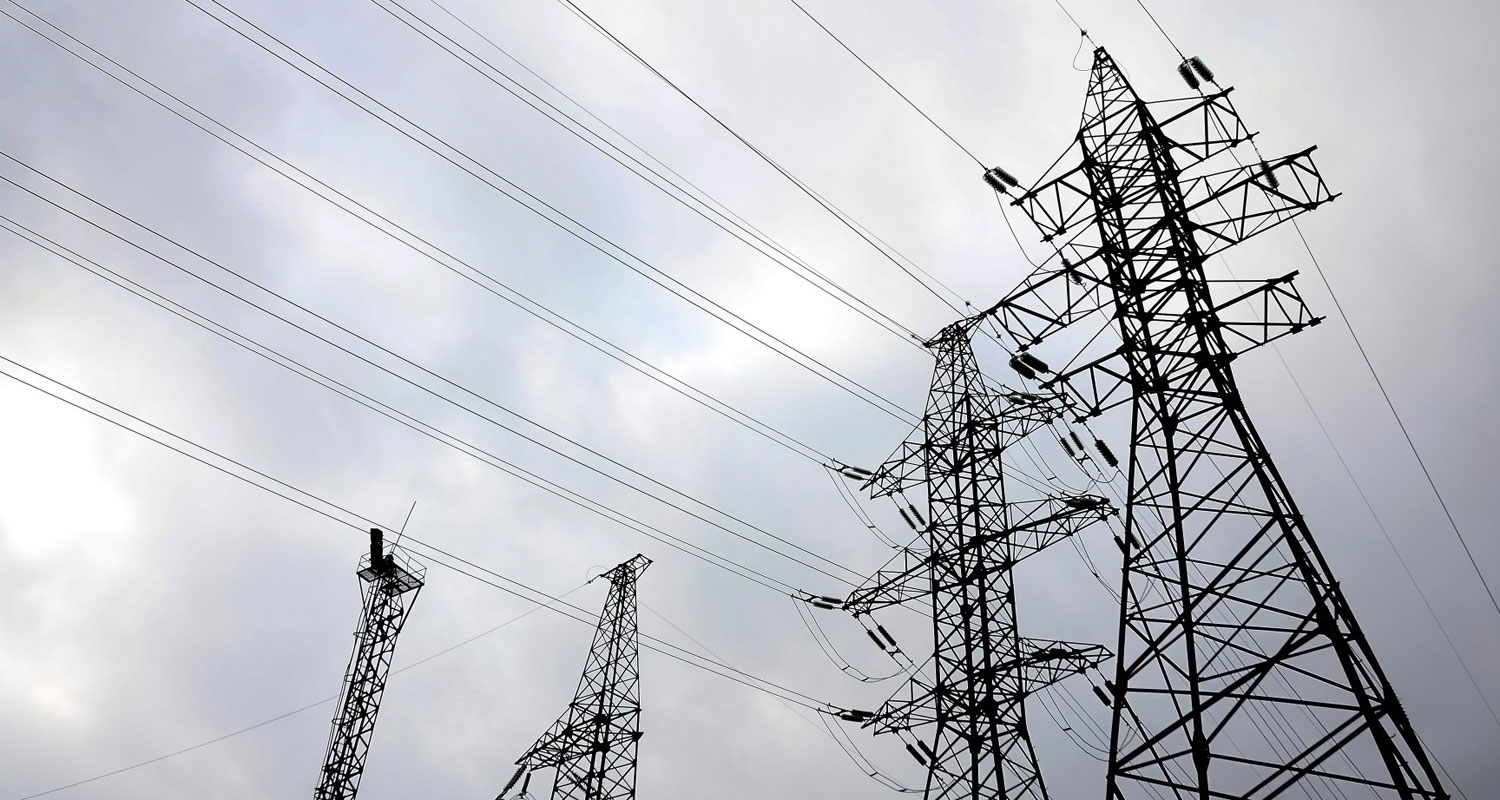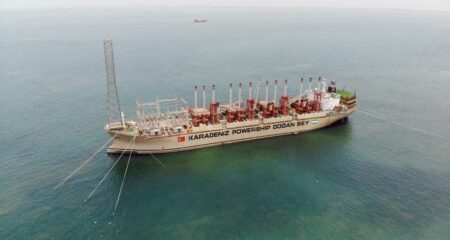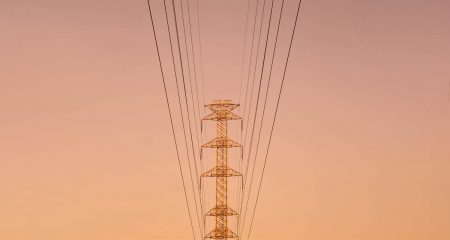 There is growing scepticism over plans to declare a state of disaster to help tackle crippling blackouts, with critics arguing that the measure will undermine spending controls and isn’t the solution to South Afric’s energy crisis.
There is growing scepticism over plans to declare a state of disaster to help tackle crippling blackouts, with critics arguing that the measure will undermine spending controls and isn’t the solution to South Afric’s energy crisis.
Load shedding been instituted since 2008 to protect the electricity grid as state-owned utility Eskom fails to generate enough energy to meet demand from its old and poorly maintained coal-fired plants.
On Tuesday, the ANC called for state-of-disaster laws to be utilised to end the outages by year-end. More details may be announced after a cabinet meeting that begins on Thursday, or when President Cyril Ramaphosa delivers his state of the nation address on 9 February.
“Existing legislation and institutions, if used in good faith, provide all that is necessary to get over load shedding as fast as reasonably possible,” said Hilton Trollip, an energy research consultant and fellow at the University of Cape Town. “Huge risks” will accompany the imposition of a state of disaster and the government needs to justify why existing laws are inadequate, he said.
While it’s unclear what government measures would follow such a declaration, Eskom has long requested truncating procurement rules in order to speed up delivery of spare parts to fix its plants. Energy minister Gwede Mantashe has raised the option of securing electricity from floating gas-fired plants if legal obstacles are removed. Bids by Turkey’s Karpowership to supply South Africa have made slow progress because of lawsuits and environmental challenges.
The energy shortages have hobbled the economy, with the Reserve Bank estimating they will shave an estimated two percentage points off output growth this year. Efforts to improve the performance of power plants and bring new capacity onto the grid have fallen short, and with elections looming next year the ANC is under mounting pressure to turn the situation around.
Abused
A state of disaster was last imposed in March 2020 in response to the coronavirus pandemic, enabling the government to fast-track spending and cut red tape. It later emerged that public funds had been abused, tender processes bypassed and that ANC politicians were among those who benefited from questionable contracts.
That experience will undermine support for implementing similar dispensations and the additional measures don’t appear to be needed, said Happy Khambule, energy and environment manager for lobby group Business Unity South Africa.
Read: Ramaphosa wants state of disaster to deal with Eskom crisis
“Many policy instruments that would lead Eskom onto a sustainable path require implementation, which is unfortunately sorely lacking,” he said. “The correct path to end load shedding is to leave Eskom to do its job without further interference,” increase energy generation, give incentives to individuals and businesses to generate their own power, and have a consistent demand-side electricity management programme, he said.
Read: So, what exactly is going to happen to Eskom’s debt?
The ANC’s plans do have backing from Cosatu. “A state of disaster will send the message to society that government is treating this crisis with the urgency it requires,” it said in a statement. “It will concentrate all of government’s attention and resources on stabilising and rebuilding the grid and providing government and Eskom with the necessary powers and tools to end load shedding.” — Paul Burkhardt and S’thembile Cele, (c) 2023 Bloomberg LP




